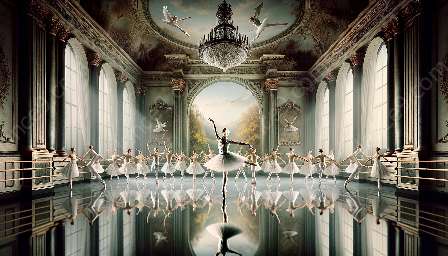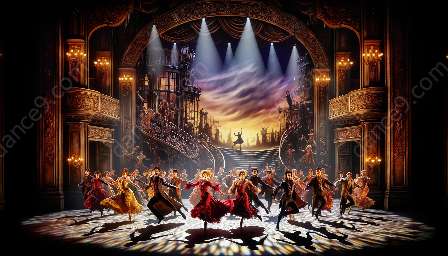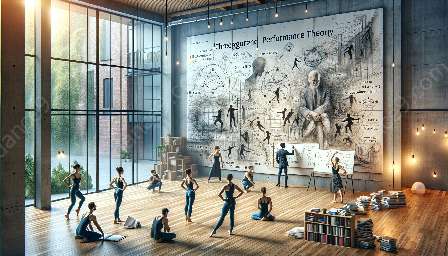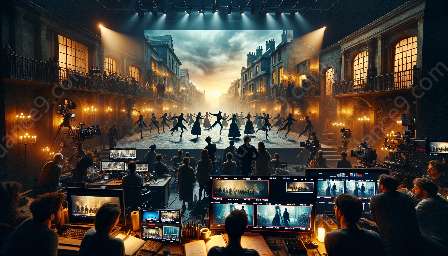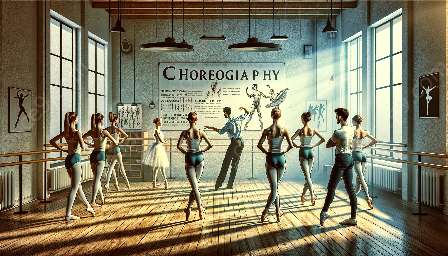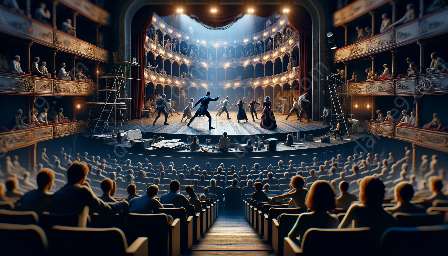Choreography in figure skating is an art form that requires unique considerations, blending athleticism and artistic expression. Understanding the ethical considerations in choreographing for skating performances is essential for creating impactful and meaningful routines. Skating choreography possesses its own set of challenges and opportunities, and it's crucial to navigate this artistic process with respect and integrity.
The Artistry of Skating Choreography
Choreography for skating performances involves integrating technical elements with artistic expression, resulting in captivating routines that engage both the skaters and the audience. The choreographer must strike a balance between pushing the boundaries of creativity and ensuring the safety and well-being of the skater. This artistic responsibility comes with ethical implications that need to be carefully considered throughout the choreographing process.
Respecting Skaters' Boundaries and Well-being
Skaters often place immense trust in their choreographers, looking to them for guidance and support. Ethical choreographing involves recognizing and respecting the physical and emotional boundaries of skaters. It's essential to create routines that challenge the skaters while prioritizing their safety and well-being, fostering a supportive and empowering environment in the process.
Authenticity and Cultural Sensitivity
Choreographers must be mindful of cultural sensitivity when creating skating routines. Incorporating diverse cultural elements should be approached with respect and authenticity, avoiding appropriation and misrepresentation. Ethical choreographing necessitates a deep understanding and appreciation of cultural nuances and traditions, ensuring that the routines honor and celebrate diversity.
Artistic Integrity and Originality
Originality is a cornerstone of ethical choreography in skating. Choreographers are tasked with creating innovative and unique routines that showcase the skaters' individuality while contributing to the artistic evolution of the sport. Upholding artistic integrity involves eschewing plagiarism and imitation, promoting creativity, and honoring the authenticity of the skater's performance.
Impacting the Audience and Society
Skating performances have the power to influence and inspire audiences, shaping societal perspectives and attitudes. As such, ethical choreography should consider the impact of the routines on the audience, promoting positive messages and values. Choreographers play a pivotal role in initiating meaningful conversations and fostering inclusivity and empathy through the narratives portrayed in skating performances.
Accountability and Transparency
Ethical choreographing demands accountability and transparency throughout the creative process. Choreographers should engage in open communication with the skaters, acknowledging their input and concerns, and maintaining transparent practices. This level of accountability ensures that the choreography aligns with ethical standards while prioritizing the skaters' artistic and personal integrity.
Conclusion
Choreographing for skating performances is a multifaceted endeavor that requires ethical considerations to guide the creative process. Balancing innovation and responsibility, skating choreography holds the potential to elevate the sport while respecting the skaters' individuality and well-being. By embracing ethical principles, choreographers can cultivate performances that resonate with authenticity, integrity, and artistic excellence.





